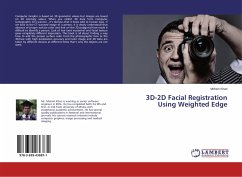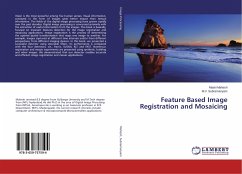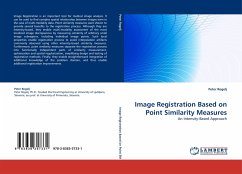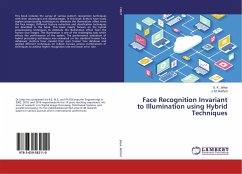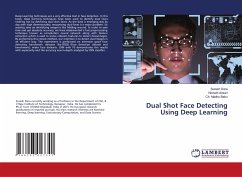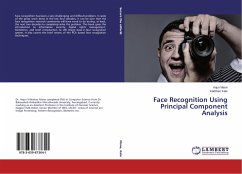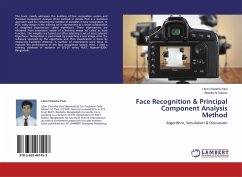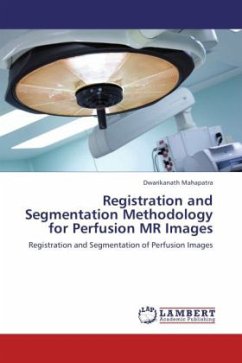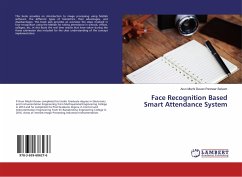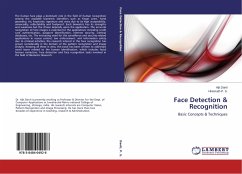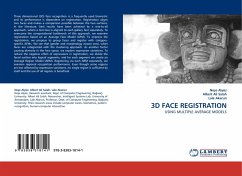
3D FACE REGISTRATION
USING MULTIPLE AVERAGE MODELS
Versandkostenfrei!
Versandfertig in 6-10 Tagen
32,99 €
inkl. MwSt.

PAYBACK Punkte
16 °P sammeln!
Three dimensional (3D) face recognition is a frequently used biometric and its performance is dependent on registration. Registration aligns two faces and makes a comparison possible between the two surfaces. In the literature, best results have been achieved by a one-to-all approach, where a test face is aligned to each gallery face separately. To overcome the computational bottleneck of this approach, we examine registration based on an Average Face Model (AFM). To improve the registration, we propose to group faces and register with category-specific AFMs. We see that gender and morphology ...
Three dimensional (3D) face recognition is a frequently used biometric and its performance is dependent on registration. Registration aligns two faces and makes a comparison possible between the two surfaces. In the literature, best results have been achieved by a one-to-all approach, where a test face is aligned to each gallery face separately. To overcome the computational bottleneck of this approach, we examine registration based on an Average Face Model (AFM). To improve the registration, we propose to group faces and register with category-specific AFMs. We see that gender and morphology classes exist, when faces are categorized with the clustering approach. As another factor causing diversity in the face space, we explore expression variations. To reduce the negative effect of expressions in registration, we divide the facial surface into logical segments, and for each segment we create an Average Region Model (ARM). Registering via each ARM separately, we examine regional recognition performance. Even though some regions are less affected by expression variations, no single region is sufficient by itself and the use of all regions is beneficial.



